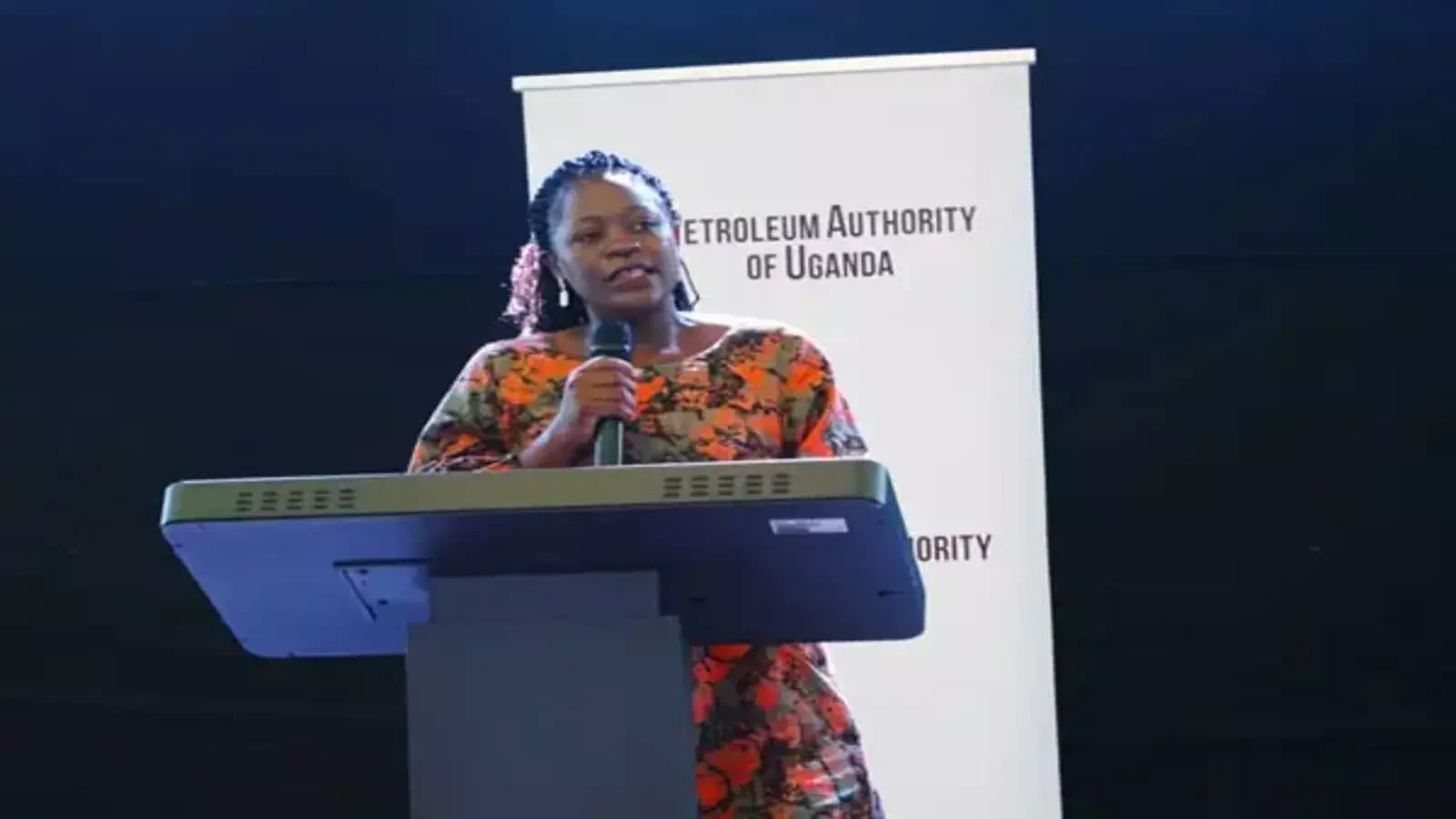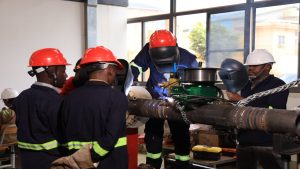Share
The Petroleum Authority of Uganda (PAU) has implemented the Electronic Work Permit Recommendation System (EWPRS) to help expatriates seeking work in the oil and gas sector. The online system, which was inaugurated in Kampala, promises to speed up work permit approval, decrease processing time, improve paperwork, and allow for better expatriate surveillance.
According to Linda Nalubanga, a Senior National Content Officer at PAU, the internet-based approach would take candidates around fifteen minutes to complete the form and submit it for evaluation. The new system is anticipated to be linked to the Ministry of Internal Affairs’ Uganda Electronic Visa and Permit Application System, resulting in a more streamlined and efficient procedure.
Previously, expatriates looking for work with oil and gas companies like TotalEnergies, CNOOC, UNOC, and their contractors had to go through a manual clearance procedure including communication between the residents’ immigration department and PAU. The new EWPRS strives to simplify and make this procedure more accessible.
PAU advises the Ministry of Internal Affairs on providing work permits to foreign workers as part of the nationalization strategy. The computerized system is intended to be consistent with PAU’s nationalization strategy, ensuring that job descriptions and competence requirements are fair and inclusive of qualified Ugandan candidates.
The integration of EWPRS with the system of the Ministry of Internal Affairs is scheduled to be completed by March 2022. Until then, the manual approach will be used, with applicants submitting physical copies of their applications. The computerized system’s inauguration comes at a critical juncture, as the government anticipates an inflow of expats with the start of projects such as the building of central processing facilities and the East African Crude Oil Pipeline.
The EWPRS, according to Peninah Aheebwa, PAU’s Director of Economic and National Content Monitoring, would create a smooth interaction between PAU and industry employers. The technology allows for the filing of work permit recommendations online, as well as accelerated evaluations and online comments.
Aheebwa sees the system as a vital monitoring tool for Ugandans to guarantee compliance with national content norms and regulations. According to PAU, around 1,500 expatriates have been approved, adding to the 12,946 personnel in the oil and gas sector, 94% of whom are Ugandans.
Dr. Jane Nambakire Mulemwa, Chairperson of the PAU Board of Directors, recognized earlier comments from TotalEnergies concerning the delayed clearance procedure for foreign staff during the launch. She expressed hope that the new computerized method will alleviate these worries and speed up the approval process.
However, certain Kampala legal firms who play a role in recruiting and processing work permits were dissatisfied with the system, alleging that it did not appropriately acknowledge their services as third-party service providers. Advocates emphasized the electronic system’s potential benefits, particularly in lowering turnaround time and removing problems connected with physical document transfer between PAU and the immigration department.









